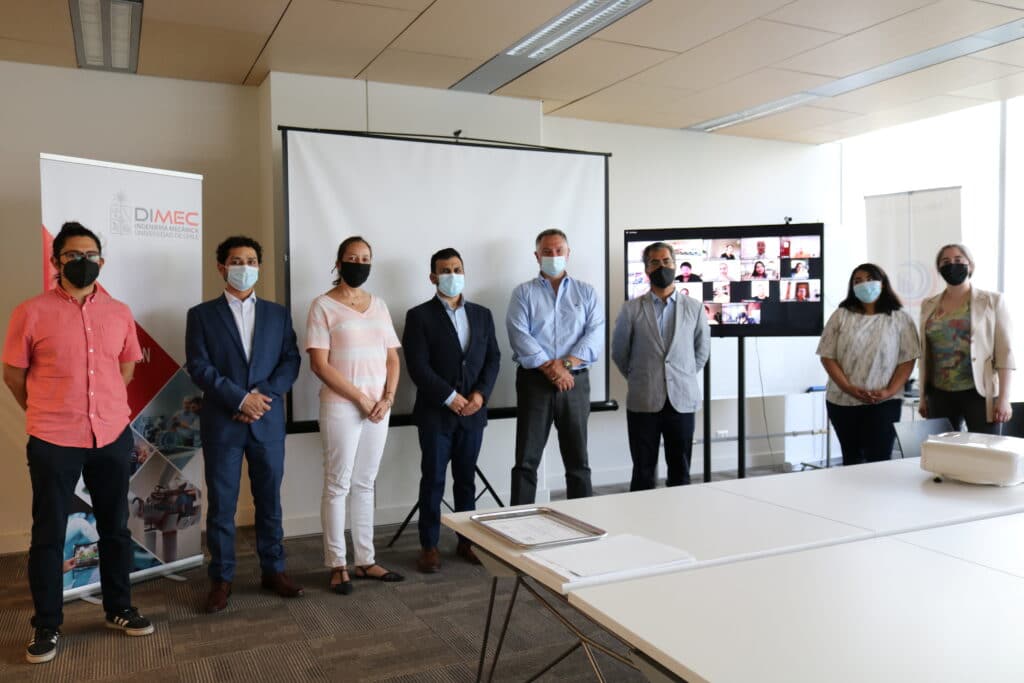
Latin America has shown a solid commitment to electromobility. Significant electric fleets are now operating in cities such as Bogotá (Colombia) and Santiago (Chile), and more cities in the region are starting to build their e-fleet.
For this growth to continue and become an essential strategy for transport decarbonisation, it is crucial to consolidate knowledge and capacity, especially among technical decision-makers in different levels of governance.
In this context, GIZ, through the Moving Chile project, in partnership with the TRANSfer III project, and in collaboration with the University of Chile and Chile’s Centre for Acceleration of Electromobility (CASE), developed the International Course on Electromobility.
The course aimed to help professionals from public entities and companies in charge of public transport systems planning and operation in Latin America to develop skills in design, procurement, maintenance, and operation of electric buses and fleets.
In 18 classes over nine weeks, 45 participants from 5 countries – Uruguay, Paraguay, Ecuador, Chile, and Colombia – learned through case analysis, sessions with experts and using material specially created for interactive work.
The course was divided in 9 modules to provide an integral perspective on how to operate e-fleets. The topics were:
New graduates
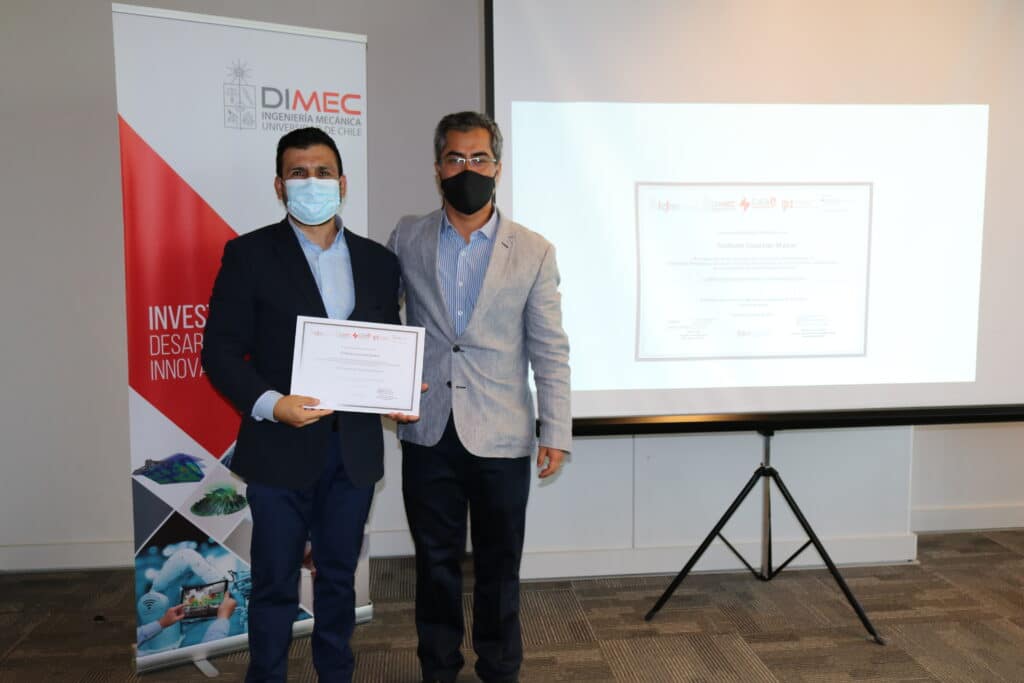
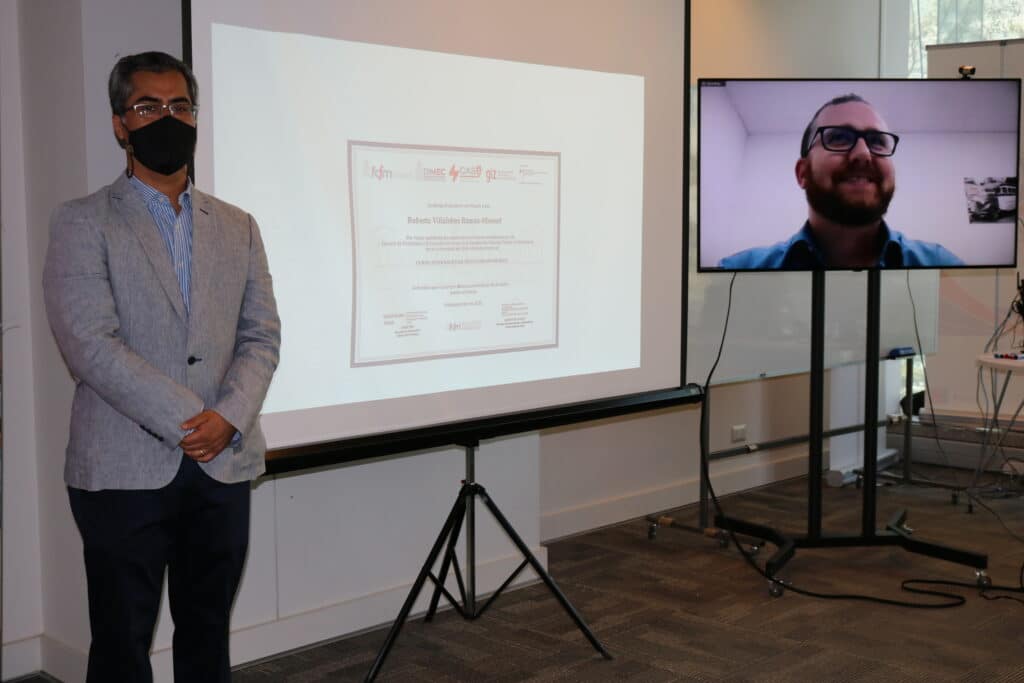
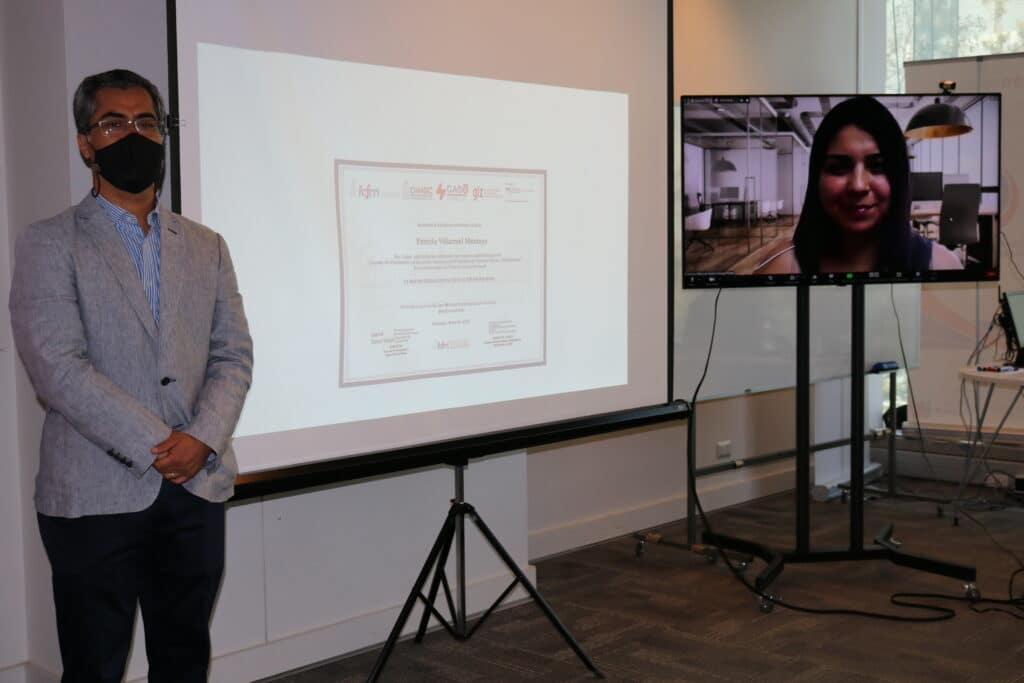
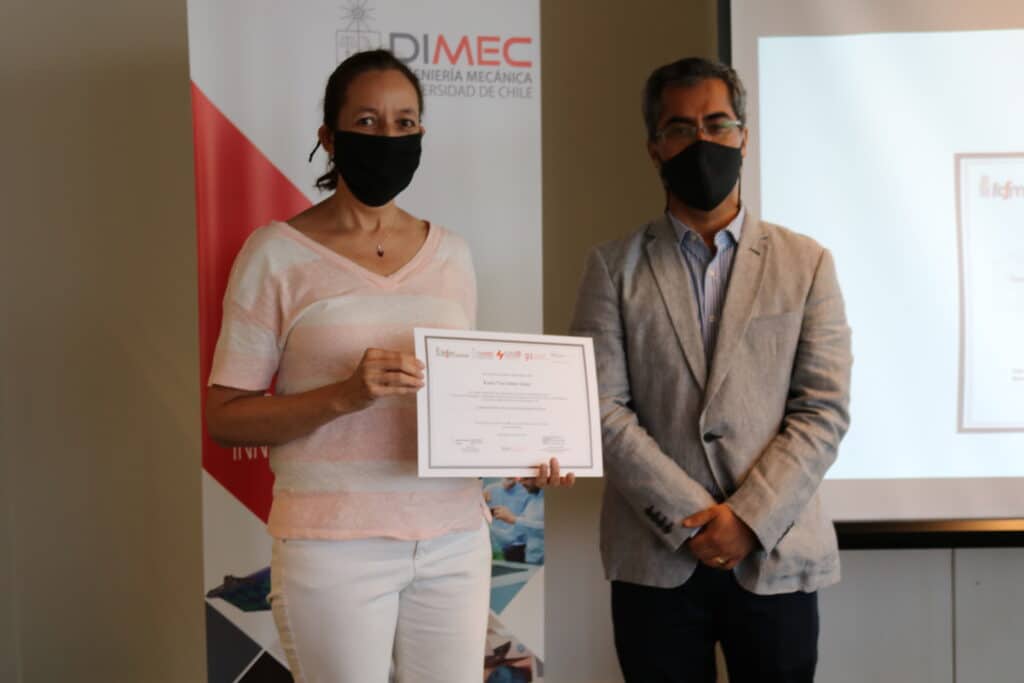

The first generation of students from the International Course on Electric mobility had its graduation ceremony in December, where, through a hybrid format, the graduates received their certification. We hope the lessons and experiences shared will help to transform transport and advance electric mobility in the region.

Macarena Castillo